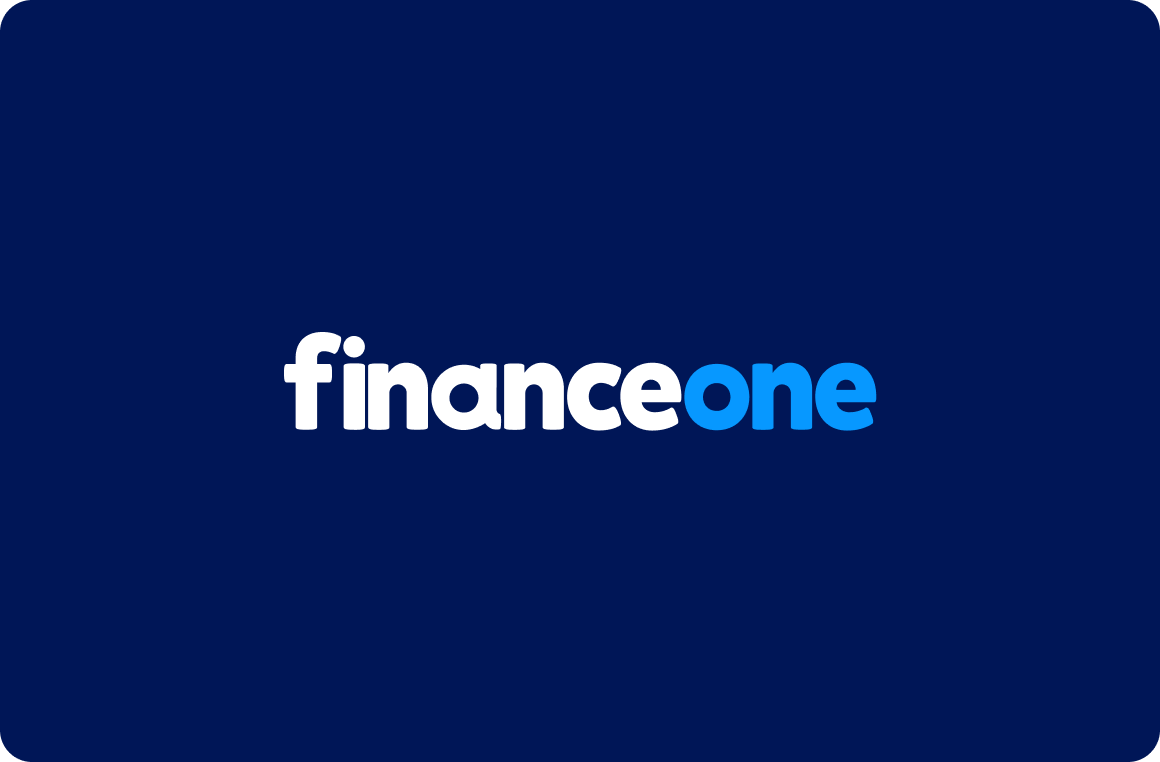How much can I take from super?
If you meet the eligibility criteria to access your super fund early, and have available contributions, you can take out up to $10,000 until 24 September 2020. Eligible persons were also able to access $10,000 during the period 1 May 2020 to 30 June 2020.
Try not to get too excited though. Don’t run off to access your super just yet!
Your fund may need time to recover
Chances are, the majority of your super fund is invested in the stock market, which is generally a good thing when you’re looking for long-term growth, but unfortunately, COVID-19 saw the stock market take its biggest dive since 1987. What does this mean for your super fund? Basically, if you pull it out now, it’s like selling something at the bottom of the market. It’s likely that the stocks in your super fund will recover over time, so withdrawing your super now means that you aren’t giving it a chance to recover and you’re essentially locking in these losses.
Take selling a house for example. Let’s say you have a house that’s worth $200,000 that you’re wanting to sell. You’ve had your house for about 10 years and have been renovating it and adding to it when you can, which has seen the value go up over time. You wake up to discover that your house is now only worth $150,000 due to a drop in the market. Given some time, the value of your house will rise again but what do you do? You need the money. Do you sell your house today for less than it was worth yesterday? Or do you hold onto your house and wait for the value to rise again? If you’re frightfully desperate for money, you’d probably sell it knowing you’re losing out. Likewise, with your super, desperate times call for desperate measures. But don’t forget there are several options available to assist with your financial issues. The Australian Government has introduced various grants and benefits if you’re financially affected.
Your super won’t grow if it’s withdrawn
Chances are, your super is invested in a strategy to provide a good return over a long investment horizon. The idea is to add to your fund over your working life to build savings to access at retirement age. So, when you take money out 20, 30 or even 40 years early, you’re not giving this money the chance to grow. $20,000 has a lot of growth potential over 40 years and if it’s not sitting in your fund, it’s not going to grow. By withdrawing $20,000 now, you might be costing yourself tens of thousands of dollars in missed investment earnings.
Does accessing my superannuation early impact my credit score?
Withdrawing your super is different from accessing any type of credit and so is not included in an official credit report and will not directly impact your credit score. However, if you access your superannuation because you have been financially affected by Coronavirus, lenders may not look favourably on that which may negatively affect your borrowing power in the future.
It’s a personal decision
Everyone’s financial situation is unique, what suits your best mate financially is not necessarily going to be a good choice for you. Withdrawing monies from your super early is not a decision that should be made lightly, without seeking personal advice. Times are tough at the moment, and you ‘gotta do what you gotta do’ but don’t rush into anything just because it’s available.
Disclaimer: The information above is of a general nature only and does not consider your personal objectives, financial situation or particular needs. You should consider seeking independent legal, financial, taxation or other advice to check how the information relates to your particular circumstances. We do not accept responsibility for any loss arising from the use of, or reliance on, the information.


